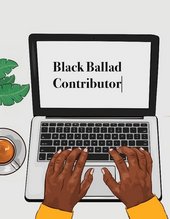“Black women, black children, they are not afforded the luxury of vulnerability.” – Roxane Gay, ‘Where Are Black Children Safe?’
In her essay, ‘Where Are Black Children Safe?’, Roxane Gay discusses the incident of a young Black girl viciously attacked by a policeman in her classroom all because she did not put away her phone, and how Black women and children are burdened with a presumption of guilt, and so the innocence of childhood fades so quickly.
This essay, commissioned to celebrate the release of Opinions: A Decade of Opinions, Arguments and Minding Other People’s Business by Roxane Gay, examines the ways in which we have tried to reclaim girlhood through online vernacular and why.
Language is a powerful thing, and in combination with the opium of social media, it becomes intoxicating. But online language around women has a tinge of condescension whenever the term ‘girl’ is used. When I see the term ‘girl math’, for instance, I often cringe, for it appears that whatever women do, it is not taken as seriously.
But these terms have become part of our vocabulary, even mine. I can cringe all I like, but there is still something fun and defiant about using the words, even as I sometimes find myself annoying as I use them. Life is hard enough without overthinking everything. But at this point, I am becoming a professional overthinker, so I may as well embrace it.
I was a girl who was seen as a woman before I was ready.
For Black and brown women, the term ‘girl’ has positive and empowering connotations. ‘You go girl,’ has always been a shout of encouragement amongst older Black women and has never been considered infantilising. But then again, the path from girlhood to womanhood has always been a more difficult one for us. In fact, our girlhood is shorter as we are adultified from the moment we begin school. So, we use the words that are taken from us, to encourage and boost one another.
As a Black girl, I learned this rather quickly and at too young an age. I wore pink ballet shoes and tutus as a child but would never be considered as gentle as my white female counterparts. No matter what, as a Black girl, I was never afforded innocence. Anger, guilt and suspicion are the default reactions to a Black girl. I was a woman, responsible for how the world saw me and the desires of others, long before I was out of light-up trainers.
The wider issue is the want to reclaim a girlhood taken from many of us. If you think of it, a part of girlhood is an unwanted sexualisation of our bodies and experiences. I was 14 when I first realised that men looked at me differently whilst wearing gym clothes that were of a tighter cut than my usual school uniform. An older man remarked that at 16, I was incredibly ‘vivacious’, when I had always seen myself as enthusiastic when discussing my favourite classic literature books.
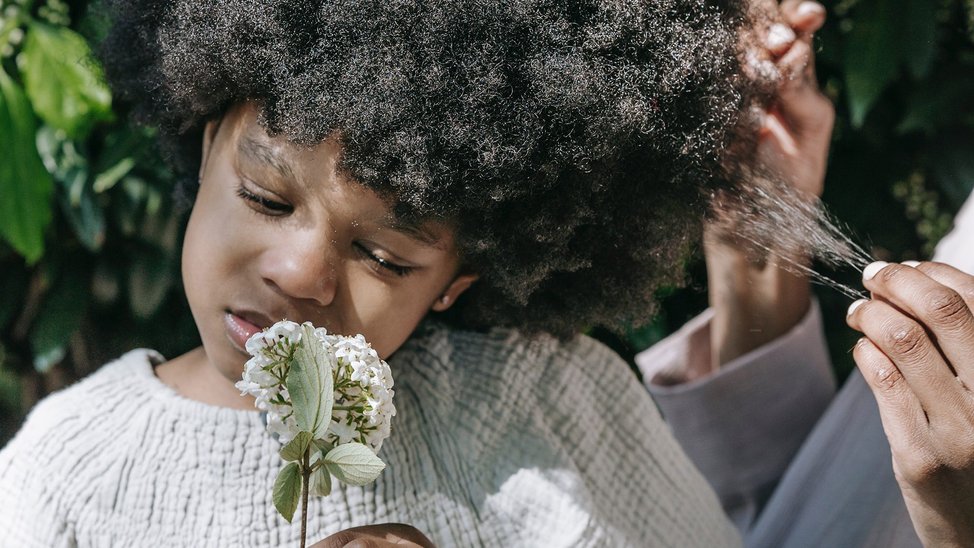
I was a girl who was seen as a woman before I was ready. But this is not unusual. Wider culture often sexualises and adultifies young women, especially women of colour, finishing our innocence and obedience as children and judging our bodies as if in a contest we did not know we were participating in.
Child actresses grow up in a press landscape that waits for them to become ‘legal’, in order to justify the creepy comments made about them by radio DJs. Our bodies become public property, rendered to debate and legislation. It is not fair. It is not fair that a natural vulnerability is forced away for our own safety. Women and children are usually the first to be rescued in an emergency situation, but society ensures that it is only in an emergency Black women and girls are given any sort of consideration.
So back to “girl math” and “girl dinners”. Analysing the term ‘girl math’, it may not be infantilising, but merely a fun way of describing how we excuse buying ourselves a little treat – whether it is a cupcake from Lola’s or a pair of shoes that cost more than our rent. Women, especially as we get older, are not expected to take care of ourselves or only treat ourselves on special occasions. ‘Girl math’ has decided that to have a happier life – the girlies must treat themselves, no matter the cost.
In an environment where costs will not stop rising, there is a freedom in frivolity; to allow ourselves some fun without having to justify ourselves. So, is this reclaiming not a positive thing? The use of girl represents a want to reclaim a girlhood of innocence and fun that has been taken away from us.
Opinions: A Decade of Opinions, Arguments and Minding Other People’s Business by Roxane Gay is published by Corsair and available to buy now.
Header image by X.
Want more stories like this?
Sign up to get access to over 1,500 stories created for Black women, by Black women.
More stories on girlhood from black ballad
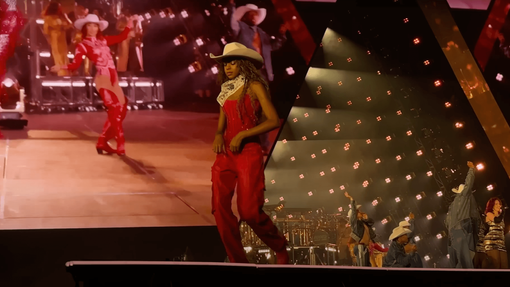
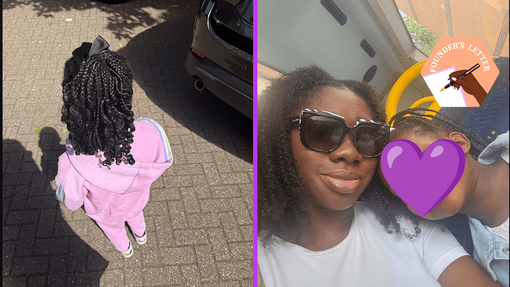
Tobi Oredein
Founder's Letter: Learning Yoruba (and Myself) One Word at a Time
Sunday 1 June 2025 11:59 PM

Tobi Oredein
Founder's Letter: What My Childhood Library Taught Me About Change
Sunday 23 February 2025 11:00 PM
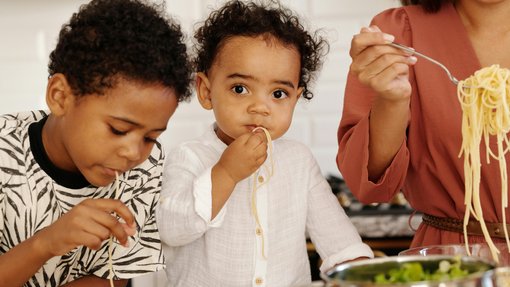
Jendella Benson
Generation Alpha’s Relationship To Race Is Going To Be Unrecognisable
Wednesday 5 February 2025 12:00 PM
